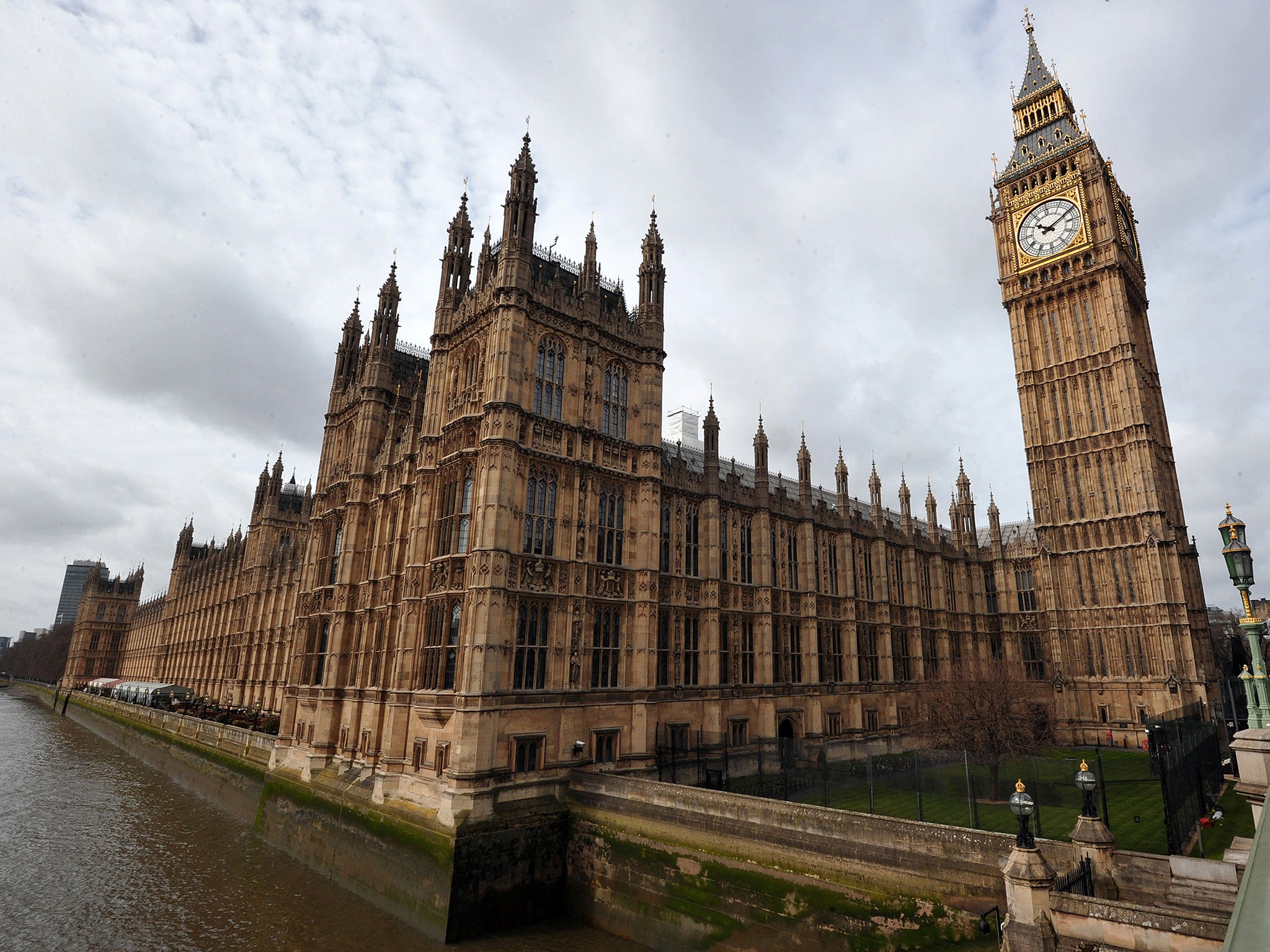Mark Leftly: Sheffield is paying for a bad decision. Nick Clegg could pay the price too

Westminster outlook Betfair has made Labour 4/9 to take Nick Clegg’s Sheffield Hallam seat in May. If that is to be the Lib Dem leader’s fate, it will become a classic case study for the dangers of political meddling in sensible business decisions.
In theory, Sheffield Hallam should be just about the Lib Dems’ safest seat outside Scotland, as Mr Clegg won with 53.4 per cent of the vote and a majority of over 15,000 in 2010. Labour was third, yet the party’s “decapitation strategy” appears to be working, at least in the eyes of the bookies. Plenty of people will put this down to lingering fury over the Lib Dems’ failure to stay true to their manifesto pledge to oppose any rise in university tuition fees. This was an expensive price to pay for government and has hurt the party across the country ever since.
But the real issue here is Sheffield Forgemasters. One of the Coalition’s first acts in 2010 was to pull an £80m loan to the engineer. This had already been signed off by the Treasury under Labour, and would have created 180 skilled jobs in the booming nuclear industry.
A neighbouring MP points out that Forgemasters is a “symbol” of the steel city and, tracing its origins back to the 1750s, a source of pride. This loan became something of a symbol in itself – a symbol that even top Lib Dems (Danny Alexander, the Chief Secretary to the Treasury, took the final decision) were willing to make cuts that would hurt them locally in order to help balance the national books.
Mr Clegg admitted at the time that furious constituents had put dog mess through his letterbox and that he had been spat at in the street. Yet pulling the £80m was a big economic mistake. It would have funded a world-leading, 15,000-tonne press for nuclear parts and made Forgemasters a leading exporter in a fast-growing industry. That would have benefited both the local and the wider economy.
As it was a loan rather than a gift, refusing to hand over the money also did nothing to reduce the deficit, while industry grew sceptical that it could trust any guarantees made by the State. In retrospect, it also ran contrary to what became the Government’s manufacturing strategy, given that the Lib Dem Business Secretary, Vince Cable, focused so heavily on rebalancing the economy away from its reliance on financial services.
Nine months ago, for instance, Mr Cable announced £100m to help manufacturers “strengthen” their UK supply chains in research and development, skills training and capital investment.
The people of Sheffield have not forgotten the fate of Forgemasters, and while Labour insiders are not quite as confident as the good folk at Betfair, they’re pretty sure they can get the majority down to around 3,000. Mr Clegg might not lose his seat, but, coupled with maybe a halving of the parliamentary party, that could be enough to ensure he is no longer the leader and would therefore hamper any possible coalition negotiations.
In December 2010, he admitted that the Forgemasters decision “has played worse in Sheffield than the tuition fees, partly because it links into that anti-Tory feeling – the belief that northern industry was abandoned”.
I fear he is right. British business has been surprisingly well supported by a Government that has been so defined by austerity measures, but this one poorly thought-out decision from nearly five years ago could yet prove fatal.
Join our commenting forum
Join thought-provoking conversations, follow other Independent readers and see their replies
Comments
Bookmark popover
Removed from bookmarks